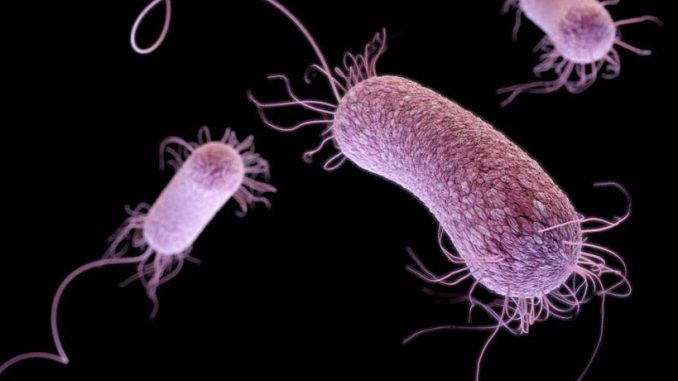
In News
Indian researchers have identified a protein pathway in an antibiotic resistant bacterial strain and developed a new molecule to target this pathway.
In-Detail
- In a collaborative effort, scientists from CSIR-Central Drug Research Institute (CDRI), Lucknow and Indian Institute of Science Education and Research (IISER), Pune have identity the protein pathway in Staphylococcus aureus (S. aureus).
- The new molecule developed was indole based quinone epoxide (IND-QE).
- The molecule can travel through the cell barriers and target MarR proteins, the essential proteins for the growth of S. aureus bacteria.
- The development comes at a time when antimicrobial resistance is becoming a global challenge and developing new antibiotics is becoming a challenge.
The Discovery
- In general, new antibiotics are prepared from natural products like fungal extracts or plant extracts or from large chemical libraries.
- But, the researchers involved in the development of the molecule selected a less-explored process of antibiotic discovery.
- The bacteria S. Aureus is commonly found on human skin and mucosal membranes.
- The bacteria can cause severe infections like endocarditis, osteomyelitis or pneumonia, etc., if it enters the bloodstream.
- The bacteria can readily become resistant to antibiotics.
- The IND-QE molecule destroys the MarR proteins of the bacteria thereby hampering its growth.
Conclusion
Drug discovery is the ultimate step in the fight against antibiotic resistant bacteria. The discovery of a new molecule to kill a resistant bacteria comes at the right time.

Leave a Reply
You must be logged in to post a comment.